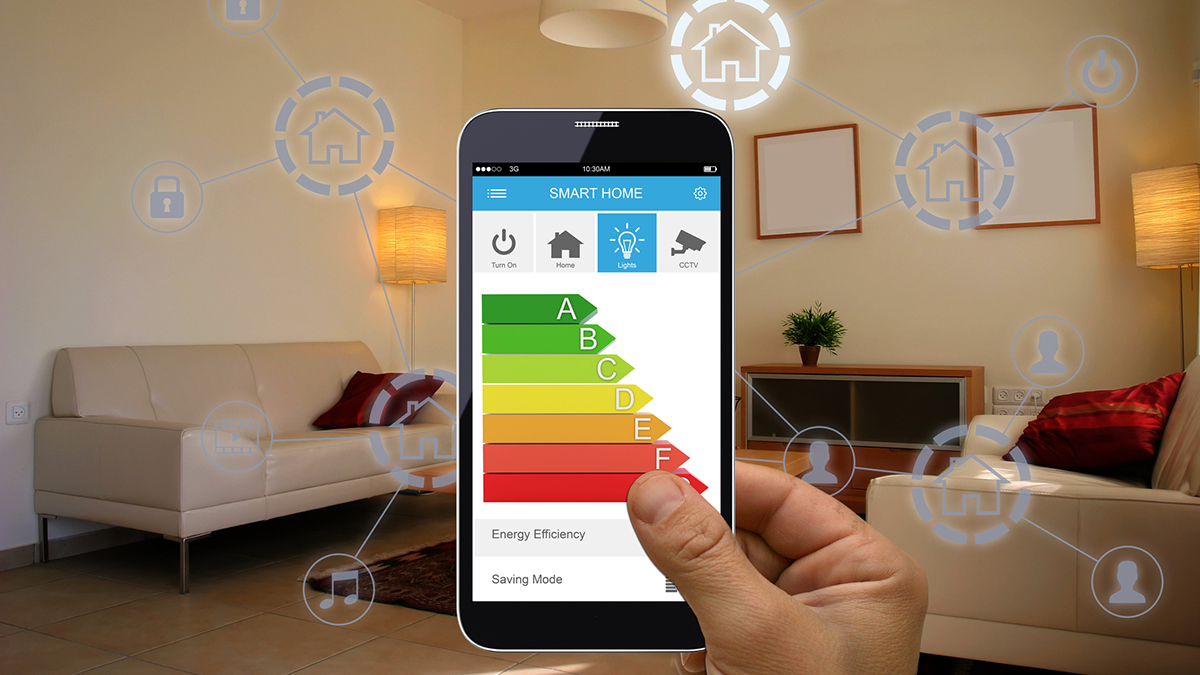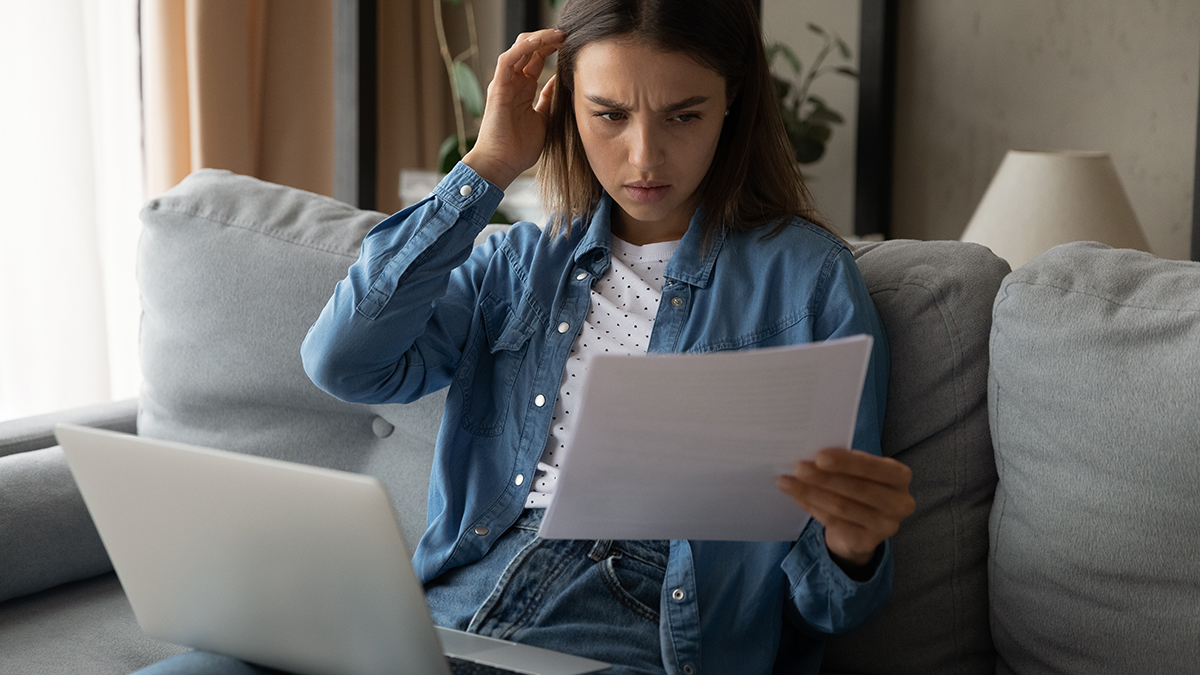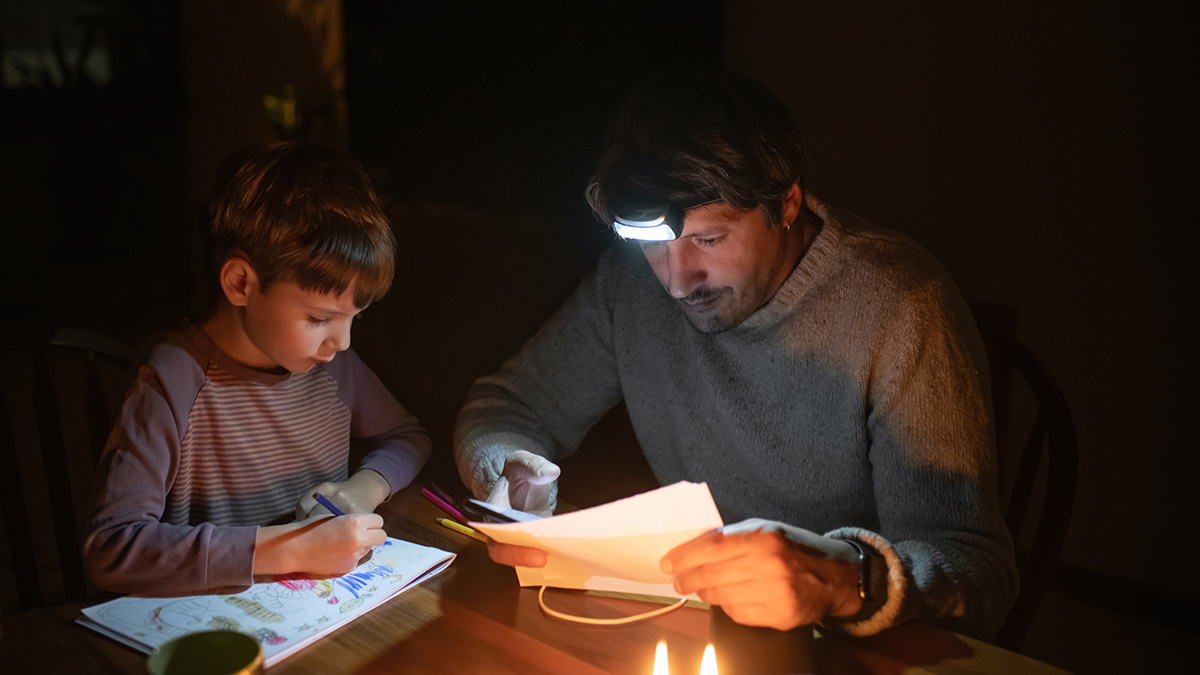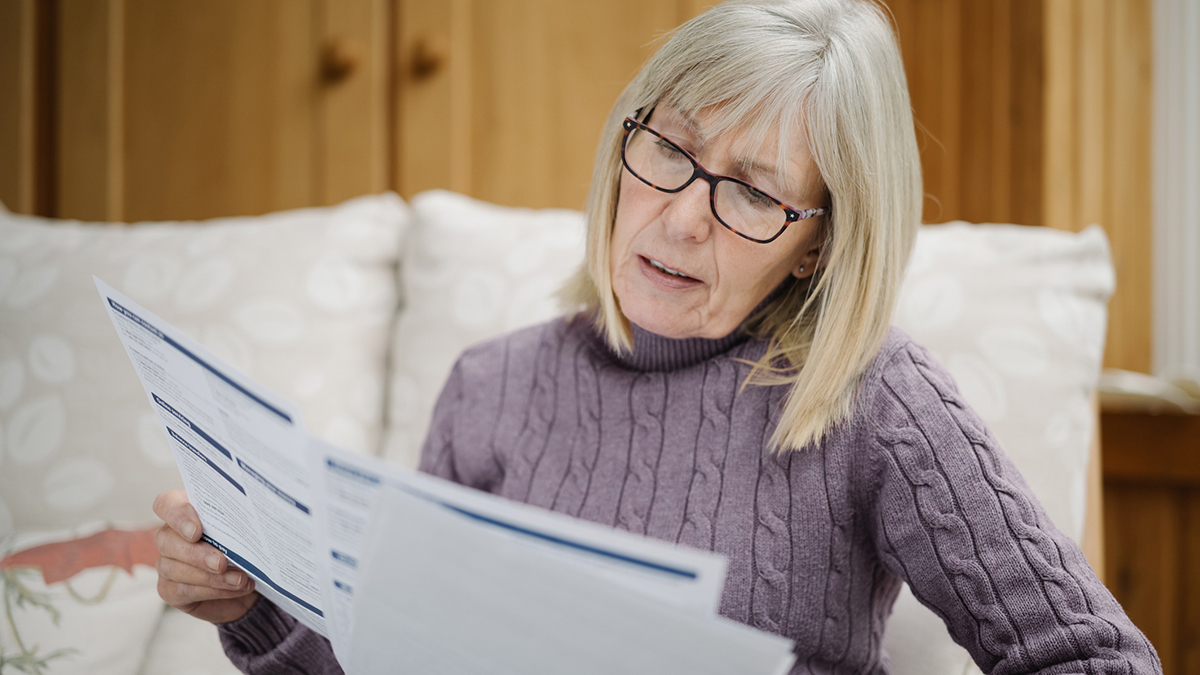Get our independent lab tests, expert reviews and honest advice.
Complaints about electricity providers skyrocket
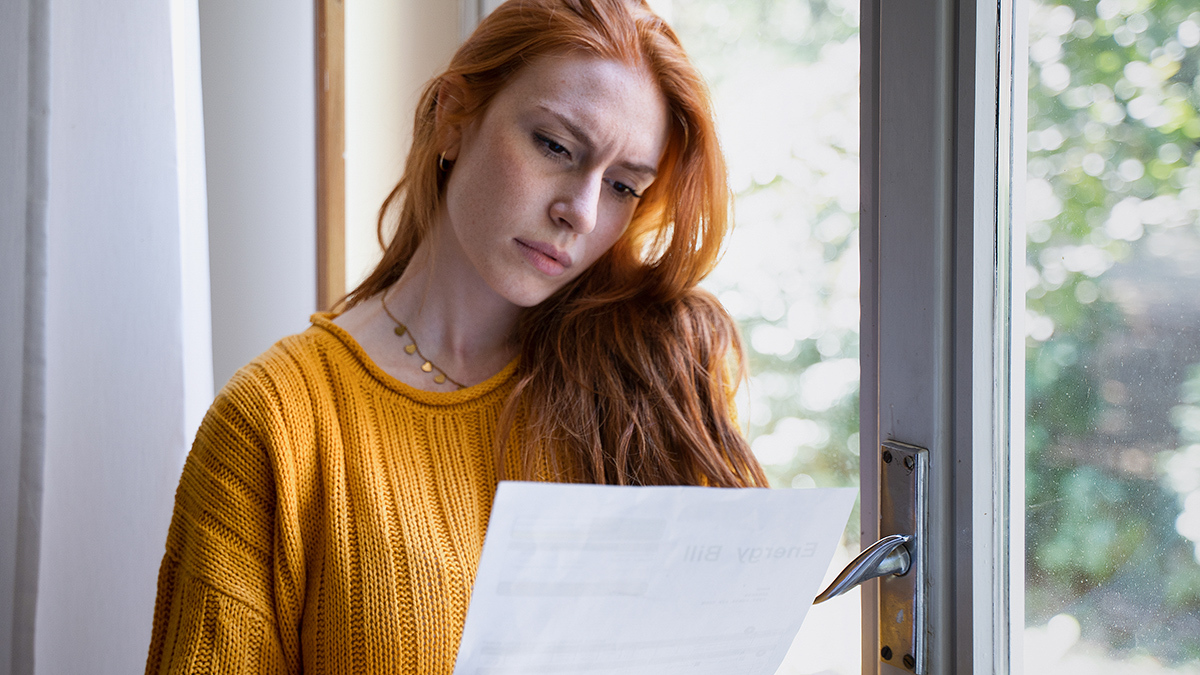
The number of complaints and disputes about electricity bills in New South Wales has dramatically increased in the last 12 months, as cost-of-living pressures rise and consumers continue to struggle.
The NSW Energy and Water Ombudsman says around 17,800 people lodged complaints with them in the last financial year, up 22% from the 2020–21 period.
And while last year’s numbers were concerning enough, the Ombudsman says the number of complaints is on track to increase by a further 49% this financial year, as electricity price rises continue to flow through to households.
People struggling to pay their bills
“It is concerning,” Ombudsman Janine Young tells CHOICE. “Price increases have meant the number of people who can’t afford energy is growing, which means it puts more people at risk of disconnection.
“It puts more people at risk of debt collection, and more people are telling us that they’re not having dinner: they’re feeding their kids, but not themselves because there’s not enough money for both and for the electricity bill.”
Almost 12,000 of the complaints were billing-related and more than 5000 were for disputed high bills, a segment which rose 35% on the previous year. Complaints about debt collection and energy disconnections also rose.
More people are telling us that they’re not having dinner: they’re feeding their kids, but not themselves because there’s not enough money for both and for the electricity bill
Ombudsman Janine Young
“People who have never had to ask for assistance in the past are now finding themselves in that position, people who are working,” Young says.
“People are now paying much higher mortgage payments [and] much higher rent payments each month. Higher electricity and gas bills are really tipping them over the edge,” she adds.
What to do if you’re struggling
CHOICE September Consumer Pulse survey data highlighted that the number of households struggling with electricity bills has increased significantly. Our nationally representative survey found that 85% of households were concerned about the current cost of electricity, up from 65% of households in 2020.
Young says it is important that households struggling financially contact their electricity retailers and ensure they are on the best plan or policy. They should also check that they are getting all the rebates, concessions or payment plans they may be eligible for.
She adds that anyone who is unsatisfied with their retailer’s response should contact their state ombudsman service.
In NSW, electricity accounted for 77% of total complaints to the Energy and Water Ombudsman, with gas accounting for 18% and complaints about water just 4%.
About the survey
CHOICE Consumer Pulse September 2023 is based on an online survey designed and analysed by CHOICE. 1035 Australian households responded to the survey with quotas applied to ensure coverage across all age groups, genders and locations in each state and territory across metropolitan and regional areas. The data was weighted to ensure it is representative of the Australian population based on the 2021 ABS Census data. Fieldwork was conducted from 29 August to 18 September 2023.
If you need financial advice or help managing debts or bills, you can call the National Debt Helpline on 1800 007 007 for free, confidential and independent information and advice.

